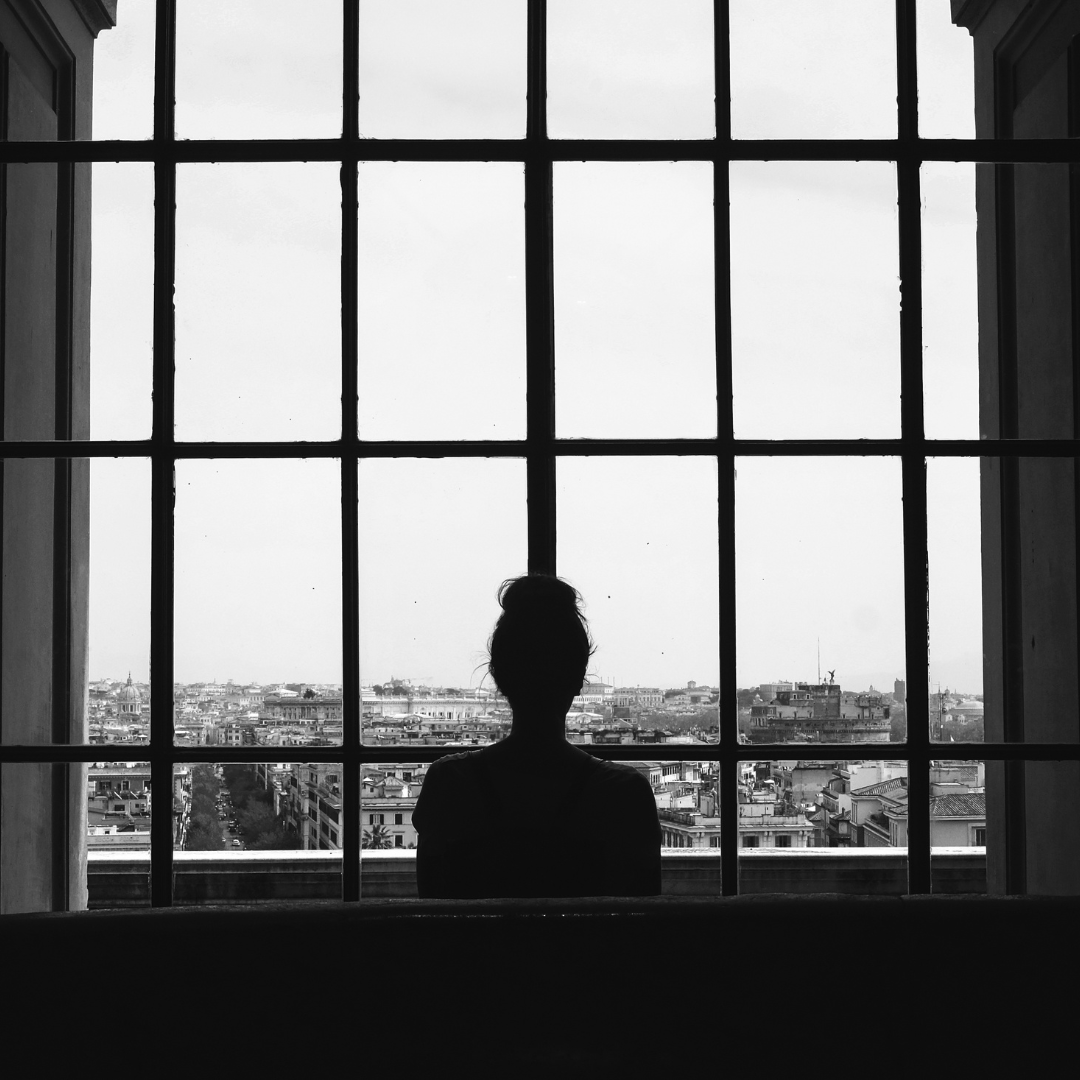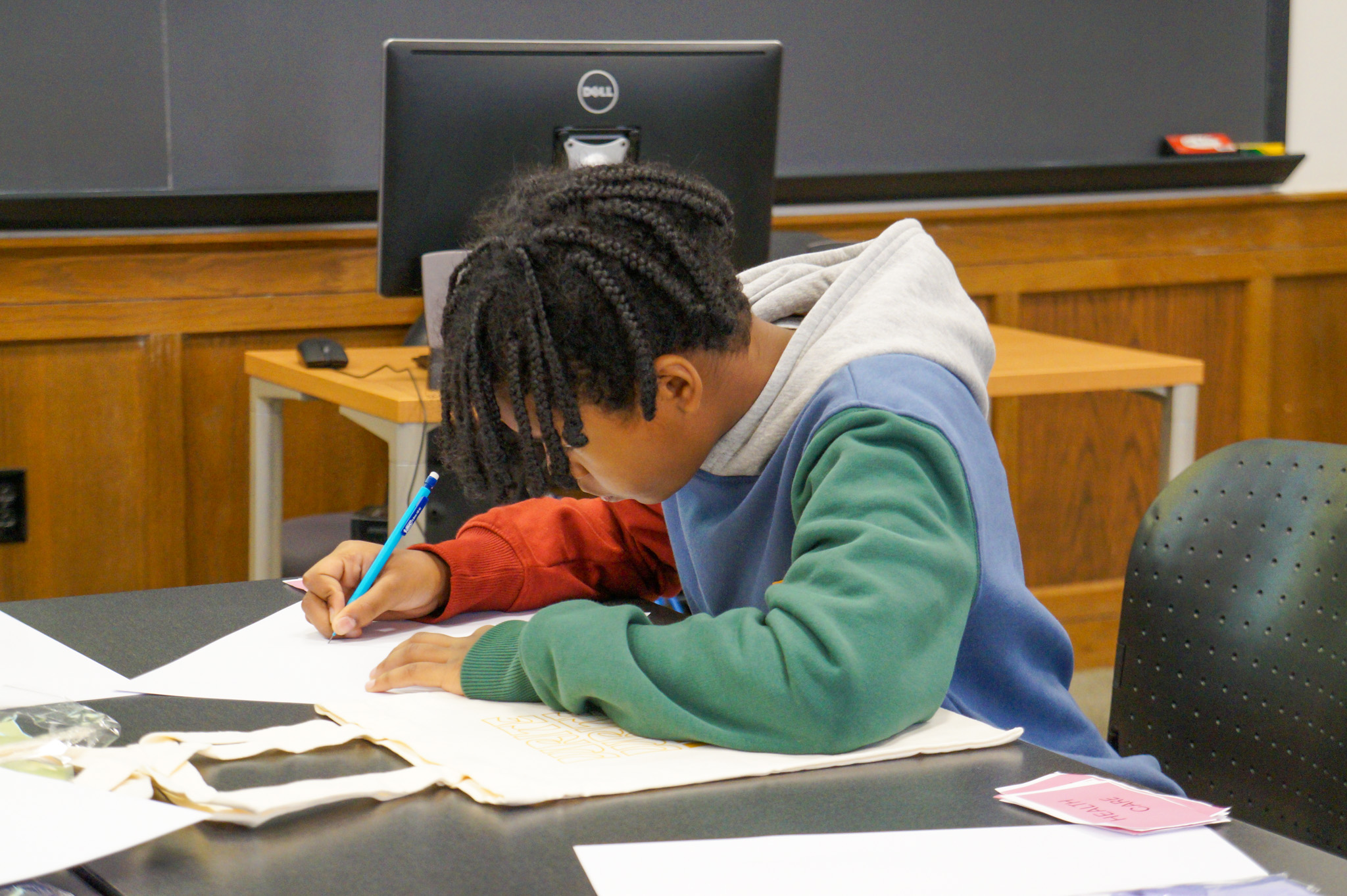In February of 2023, we released our third open call: How might we reflect and reimagine wellness in public health as art, letters, stories and poetry? This post will share a transcription of an email interview with Emily Lankau, a winner of this open call, whose submission, “Working in Public Health Gave Me cPTSD. Recovery Made Me Unlearn Everything I Thought I Knew About Resilience,” will be published in Issue 3 of the LIGHT Magazine this upcoming Winter. A special thank you to Emily for sharing her LIGHT story with us.
Q: Tell us a little about your submission and why it relates to reflecting and reimagining wellness. Why did you choose this medium (i.e. art, letter, story, poem)?
A: “I suppose I am an essayist by nature and by training… I am trained as a research scientist and we spend years learning to write 2000-4000 word manuscripts, so short form stories come most naturally to me as a form of self-expression. They have a similar rhythm and structure as a scientific paper in many ways.”
Q: What motivated you to submit this work to our open call?
A: “Honestly? A deep need to be heard. Public health is a field that struggles to acknowledge the pain within its own walls and feeling like I couldn’t talk about my experience while working in public health was suffocating. The carers–nurses, doctors, veterinarians, therapists, and yes, public health workers–are susceptible to burnout and it only gets better when we stop shaming people into silence about what they’ve been through. If it’s mentionable, then it’s manageable (approximately a Fred Roger’s quote, I think).”
Q: What inspired this work?
A: “Equal parts grief, anger, and hope.”
Q: What is one word to describe the process of creating your work for this open call, and why did you choose that word?
A: “Primal. Recovery from PTSD has been a beast that I wouldn’t wish on even the bullies who caused that injury. There is a stage in trauma recovery that feels, metaphorically, like trying to chew your way out of your own body with your teeth. It’s a little like being both the alien and the human in that scene in Alien when the nasty little creature pops out of the guy’s chest. You have this horrible, painful story inside you that has to get out even no matter how much it hurts, but the shame and stigma of having a mental health condition makes it so hard to tell a simple story. No matter how polite it looks on paper, writing the truth as I experienced it felt primal, wild, rebellious. Female-bodied people aren’t supposed to talk about pain. It’s not nice. It’s not lady-like. It makes other people uncomfortable.”
Q: Why do you think creativity matters in public health space / in the health fields?
A: “This question made me chuckle. I just finished writing a paper today about how important honest self-reflection and imagination are for building the public health system we really need to center and serve our communities more effectively. We need to be willing to dream things that never were, and then think ‘Why not?’. (a paraphrase of George Bernard Shaw)”
Q: How does your submission reflect your artistic style or personal voice?
A: “Well… I have been accused of being “overly direct and too intense”, which is a mean way of saying that I’m neurodivergent (which is true). I tend to write in a way that some find powerful and honest, but others find deeply uncomfortable and ragged. My “personal voice” is not for everyone, but resonates with other survivors of trauma. IYKYK.”
Q: What do you hope to achieve or communicate through your work being selected for publication in LIGHT Magazine? What impact or impression, emotions or thoughts, do you intend to make on the audience or viewers with your submission?
A: “I hope people come away more open to having hard discussions about wellbeing and workplace abuse in public health and government service. We talk so much about root cause analysis in public health, but we do a rather poor job of turning that lens on our own organizational trauma. Public health is not unique in this myopia, but could be a much kinder and more effective field if it were to apply to its own workforce the same trauma-informed care, humility, and grace that are best-practice for serving our communities.”
Q: How do you envision your piece contributing to reflecting and reimagining wellness?
A: “I honestly don’t know if it will make any difference at all, but I needed to tell the story anyway with the hope that it might….”
Q: How do you anticipate your work contributing to the larger context or conversation within the public health community?
A: “I don’t know…. I’m not sure it will, honestly but I’m generally an agnostic about most things. I believe telling the truth can make an enormous difference if the right ear(s) hear it so I can only hope that the right ear(s) read your journal and that it sits in their mind, nurturing deep compassion and courage that will come in handy if the opportunity to lead change ever gets placed in their path. I mean… it might not happen, but it could.”
Q: From your perspective, what is the best way to encourage others to use creativity to disseminate/share health information concerning healthy spaces and places or other public health topics and/or issues?
A: “I learned an awful lot about centering myself in a place of nonjudgment during recovery. I think we could all use a little more grace and openness to the weird, wonderful, and even deeply painful stories that shape people’s lives and beliefs. Community voices and stories are important data that can lead to new and different ways of thinking about health and health promotion. Stories matter and they can help us think differently about public health practice.”
Q: How has LIGHT provided you with a platform or space to express yourself through creativity or process personal experiences?
A: “A huge part of healing from trauma is finding a way to tell the story of what happened to you in a way that allows you to reclaim ownership of your own narrative. I value your courage in making space in the world for these primal screams, disguised as carefully researched prose, that tear us open so that we can heal and seek a loving, forgiving form of social justice- individually and collectively.
“The heart of justice is truth telling, seeing ourselves and the world the way it is rather than the way we want to be.”
bell hooks, All About Love: New Visions (I looked this one up… no one should vaguely paraphrase bell hooks…)”
Issue 2 of the LIGHT Magazine is now available for purchase in our shop!
LIGHT is currently looking for donors and sponsors to help us keep our project going. If you are interested in supporting our publication, please email us at info@light4ph.org.
Follow Us On Social Media!
Instagram: @light4ph
Twitter: @light4ph
Facebook: @LIGHT – Leaders Igniting Generational Healing and Transformation
Youtube: @light4ph



